The Hay Festival, memorably described by Bill Clinton as ‘the Woodstock of the mind’, has, over the past couple of decades, transformed into something more like the Starbucks of literary festivals. Like a bookish spider plant, it has sent out runners from its home in the rain-sodden Welsh marches to grow festivals all over the world. This spring it went to Abu Dhabi — where its chief point of contact was 69-year-old Sheikh Nahyan bin Mubarak Al Nahyan, a scion of the wealthy ruling dynasty who enjoys the title of ‘minister for tolerance’ in that illiberal regime.
Should it have been there? This is a perennial ethical problem. Remember that species of diplomacy that in the Blair years was called ‘constructive engagement’? The idea is that you make nice with regimes whose values don’t align with your own — blood-soaked dictatorships, people who see the virtue in keeping their womenfolk indoors, or hanging homosexuals from cranes and so forth — in the hope that they will see the error of their ways and join the great family of civilised nations. It has tended to be a policy most enthusiastically pursued, mind you, with those countries that have a big budget for buying British arms, vast sovereign wealth funds and/or agreeable hotels. You strike the deal, press the flesh, make sotto voce remarks in ‘the strongest possible terms’ about not chucking religious minorities into internment camps, and pose grinning for photographs to cement your ‘partnership’.
As it goes with government, so it goes with literary festivals. Most writers and journalists love a festival, especially somewhere warm. You flog a few books, stay in a nice hotel and get wined and dined with literary celebrities. And there’s a decent case to be made that in the process you do good: a high-profile festival can help shine a spotlight human-rights-wise and connect local writers with international colleagues.
But it’s an uneasy dance. Countries like the UAE don’t invite the likes of Hay because they’re gagging to be lectured on free speech by western literati; the regime endures those lectures because it wants the prestige conferred by the presence of the festival. Once the caravan moves on, they go back to doing what they damn well like.
Ahead of this year’s Hay Festival in Abu Dhabi, that was made horribly stark. Caitlin McNamara — a 32-year-old Arabist who had been working with the UAE’s ministry of tolerance to organise it — was summoned to see Sheikh Nayhan. She went, modestly dressed, expecting him to reproach her over the Festival’s campaign of support for a jailed dissident. Instead, she says, the sheikh subjected her to a sustained sexual assault.
Her allegations are formally denied by the sheikh’s London lawyers, and of course he is innocent until proven guilty. But the likelihood of these allegations being satisfactorily investigated in the UAE is low. It’s possible for an organisation such as Hay to make a judgment call on how to proceed. The call they made was to go ahead with the festival as if nothing had happened.
Let’s start from a position of sympathy for Hay’s supremo, Peter Florence. On the eve of his festival he was presented with an appalling problem. Was he to cancel the whole shebang in protest, spark an international incident and leave writers stranded in airports around the world? He believed the festival’s presence in the UAE to be a good thing. Had it not been there, an open letter denouncing the UAE’s human-rights abuses would have had little traction in the western press. The festival trails an ‘education and outreach’ programme, we’re told, that ‘reached 3,900 pupils from 81 UAE schools’. Ms McNamara herself didn’t want to see all the work she’d done go to waste, and to kick over the traces had the potential to endanger staff, compromise her avenues of legal redress and put her story into the public domain.
But there again, it is very easy to proclaim your institutional commitment to ‘women’s empowerment, free speech and human rights’ when nothing is at stake but a torrent of syrupy hashtags. You find out what your principles really are when there’s some cost to sticking up for them.
And here is Mr Florence, in possession of credible evidence that his main contact in the host country has launched a serious sexual assault on his own colleague, leaving her traumatised. He has had this evidence directly, and in real time, from the colleague herself: she texted him that evening from the island where the incident happened. Yet less than a fortnight later he shared a stage with her alleged abuser to open the festival as if everything were peachy.
I tend to think he and his fellow directors — at least those of them who knew what was going on — dropped the ball here. Certainly Ms McNamara seemed to think so. She emailed him afterwards saying: ‘I’m feeling increasingly uncomfortable with how this is being covered up’, and attached an account of her experiences which she asked him to circulate to her colleagues and the Festival’s board. That account was not circulated as she asked, and I’ve yet to hear a completely persuasive explanation of why not.
Of course Ms McNamara didn’t want to make a fuss. In her account of the assault she piercingly describes how, even as she was being ‘dry-humped’ and groped by her alleged attacker, she ‘wanted to get out without offending’. Of course she didn’t want the hard work she and her colleagues had put into organising the festival to be in vain. And she will have felt deeply ambivalent about having private trauma become a topic of public conversation.
But this week Ms McNamara waived anonymity and went public with her story. Only on the eve of publication — eight months after the incident — did Hay’s chair, Caroline Michel, issue a statement condemning the attack and pledging not to return to the UAE while Nahyan remained in post. Hay talks of ‘sending a clear signal to the world that such behaviour will not be tolerated’. That smacks to me of defensive PR.
My understanding, though, is that Ms McNamara’s brave decision to tell her story to newspapers as a ‘last resort’ wasn’t because she was at the end of her tether with Hay so much as that she feared that the Crown Prosecution Service — which has been dragging its feet — would decline to take the case forward for political reasons.
That would no doubt fall under the rubric of ‘constructive engagement’ — and it would stink.
Got something to add? Join the discussion and comment below.
Get 10 issues for just $10
Subscribe to The Spectator Australia today for the next 10 magazine issues, plus full online access, for just $10.
You might disagree with half of it, but you’ll enjoy reading all of it. Try your first month for free, then just $2 a week for the remainder of your first year.


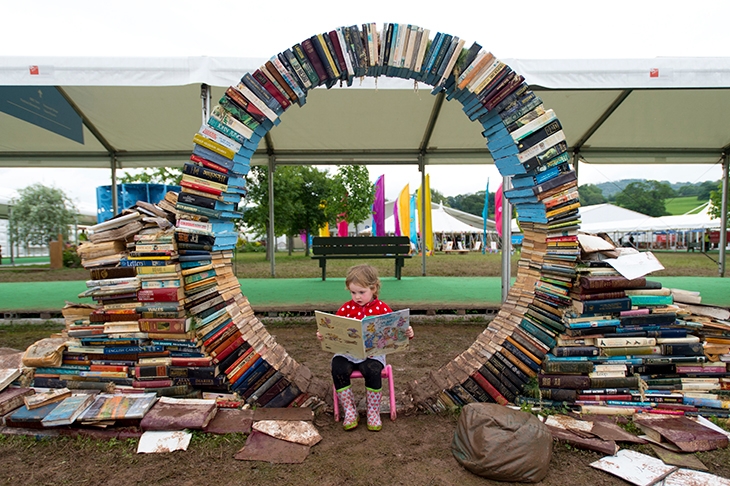
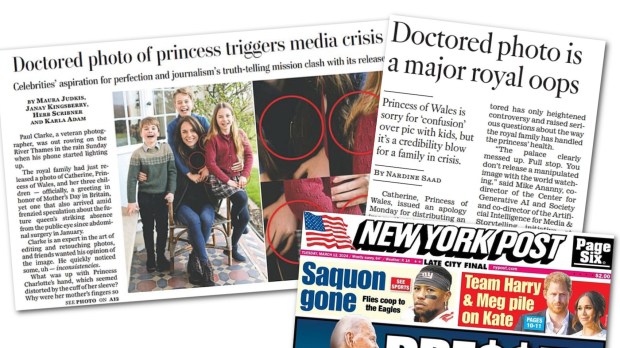


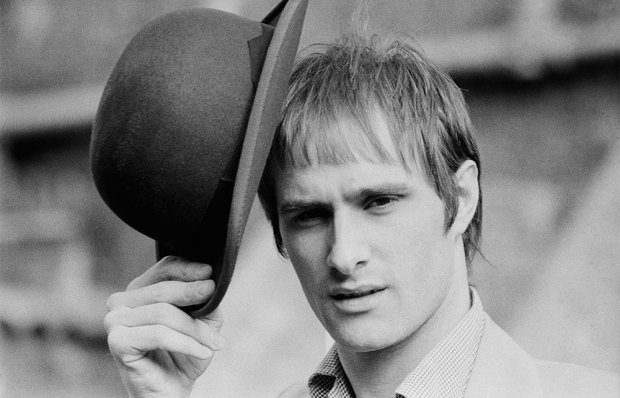
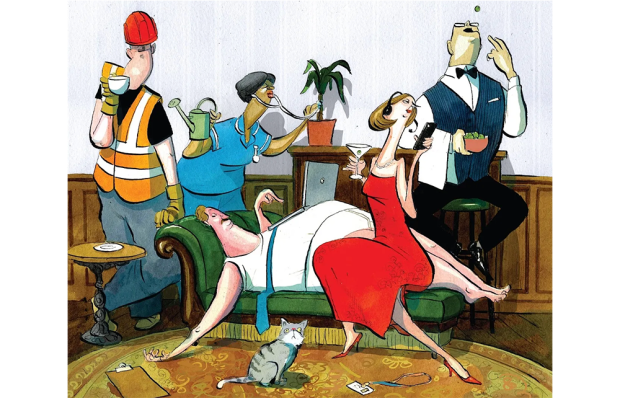
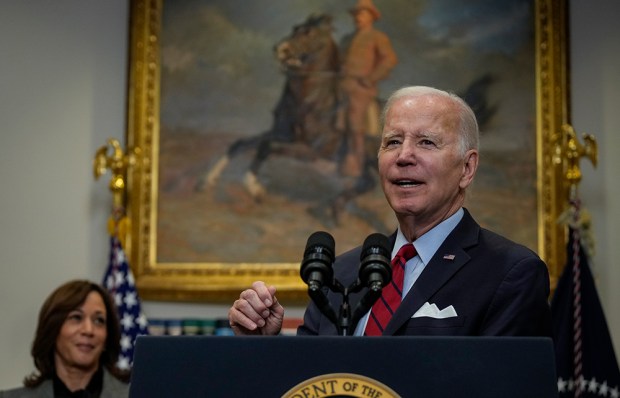






Comments
Don't miss out
Join the conversation with other Spectator Australia readers. Subscribe to leave a comment.
SUBSCRIBEAlready a subscriber? Log in